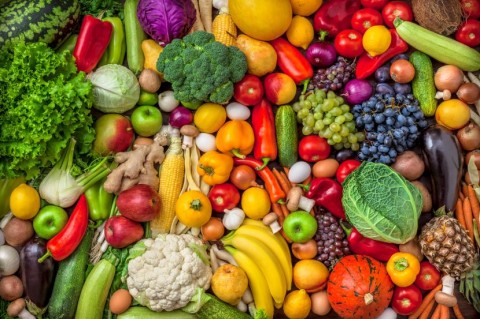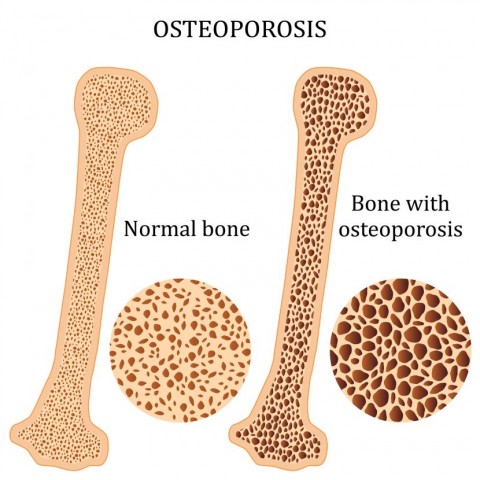DrCarney.com Blog
Increasing the frequency of consumption of fruits, vegetables, and dietary antioxidants may help to prevent the development of Barrett's esophagus, gastroesophageal reflux disease (GERD), and esophageal cancer.
Generous consumption of fruits and vegetables may help halt the onset and progression of cognitive decline.
Regular intake of fruits and vegetables may help thwart the development of Barrett's esophagus, a known risk factor for esophageal cancer.
Increased intake of fruits and vegetables may help to fend off renal (kidney) cancer.
Habitual consumption of fiber-rich foods, such fruits, vegetables, and whole grains, may lessen the risk of developing cardiovascular disease in women.
Adopting a dietary pattern characterized by high fruit and vegetable consumption may help to improve an individual's chances of avoiding coronary heart disease.
Metabolic syndrome is less likely to occur in individuals adhering to a high fruits and vegetable diet.
Greater intake of fruits and vegetables can help to prevent the onset of osteoporosis in postmenopausal women.
The US National Center for Health Statistics defined chronic disease, also known as non-communicable disease, as any disease that lasts for 3 months or longer. They comprise a cluster of diseases that include diabetes, cancer, stroke, respiratory diseases, and cardiovascular disorders. Chronic diseases kill nearly 40 million people every year,...
A high-fiber diet rich in fruits and vegetables may help to ward off depression.
Around the world, people who are unaware of dairy's risks are still consuming milk and other dairy products in a mistaken attempt to meet the calcium needs of their body. Calcium is abundant in beans and leafy green plant foods, which nourish without the harm that cow's milk products inflict on the human body. Calcium ...





